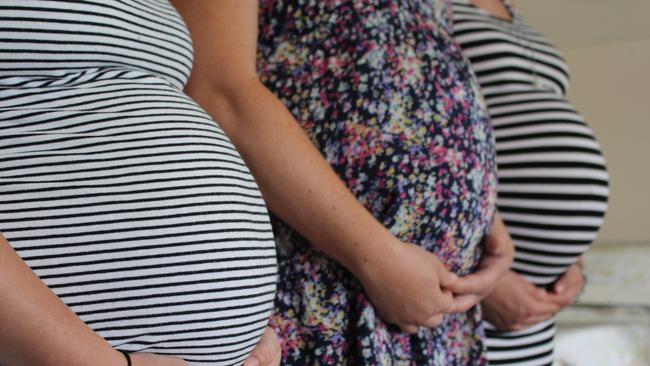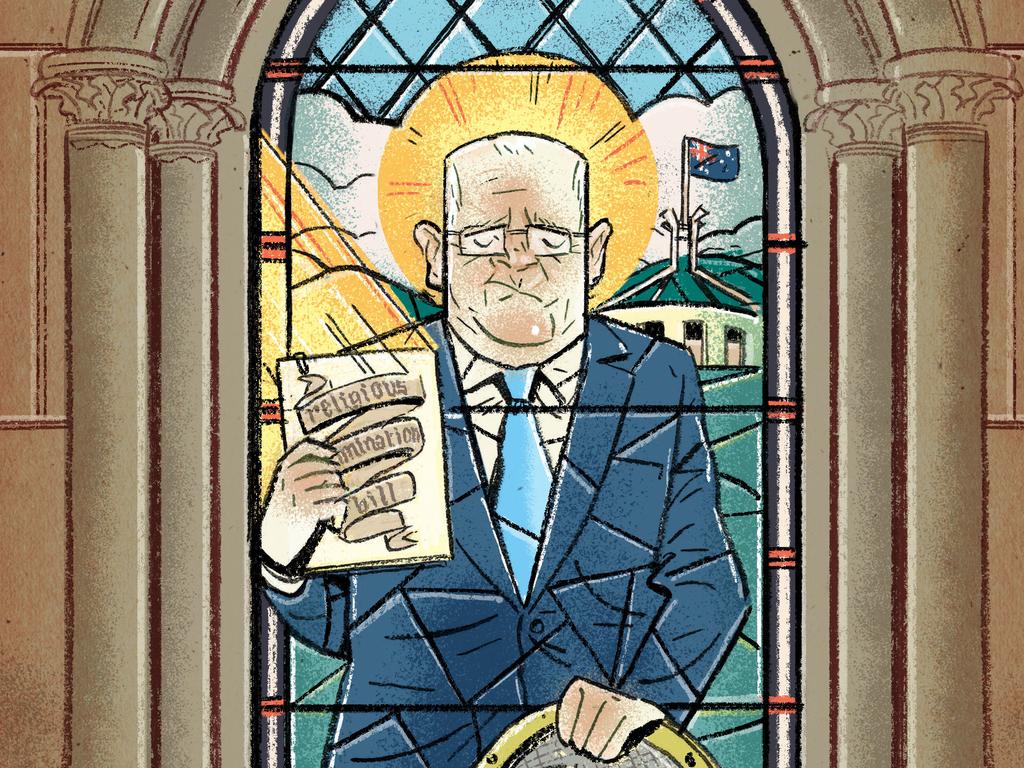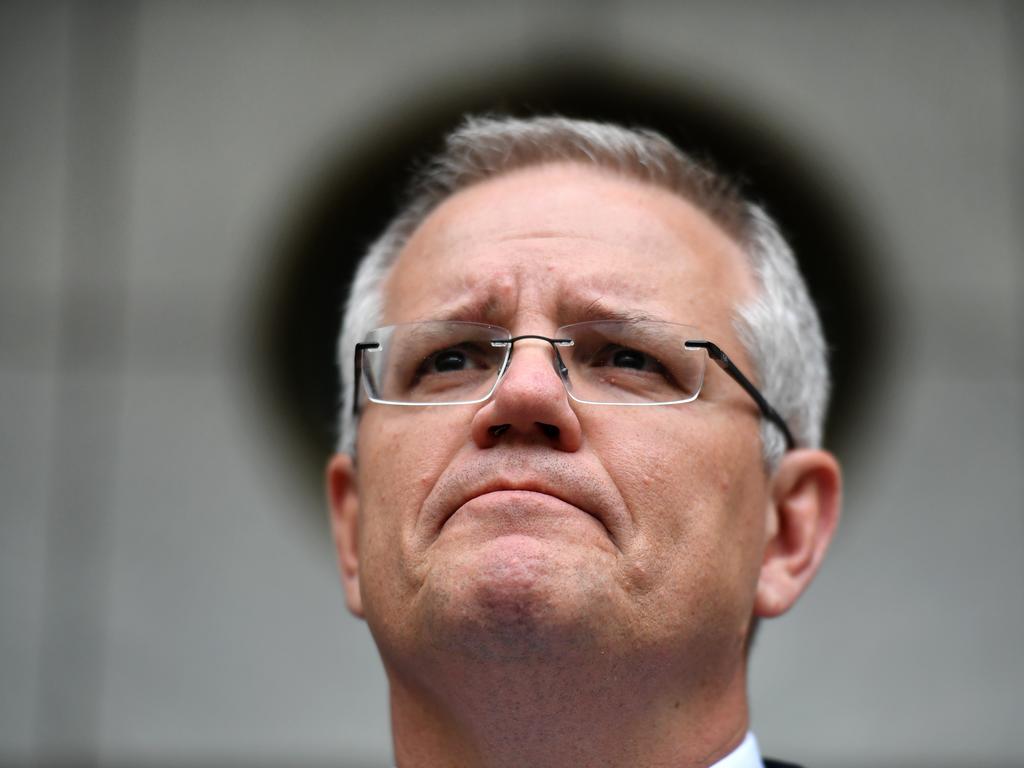Religion bill ‘a threat to jobs of IVF parents’
Religious discrimination laws will allow women who need IVF or surrogacy to be refused employment or harassed at work by religious bodies, lawyers say.

Religious discrimination laws will allow women who need IVF or surrogacy to be refused employment or harassed in their jobs by religious bodies, including the Catholic Church, which oppose such medical procedures, lawyers say.
Any teacher at a religious school who needs IVF or surrogacy to become a parent is at risk, according to leading surrogacy and fertility lawyer Stephen Page.
“Nothing could be more cruel than to tell a childless woman who is surrounded every day by children, that her steps to become a parent are severely frowned upon by her employer, forcing her to either seek other employment, or to not have children,” Mr Page said.
“If you need IVF, good luck if you’re employed by the Catholic Church because the church has said it is opposed to IVF, on the grounds that if an embryo is discarded, that is the killing of life.”
Women who have survived cancer, or have been born without a uterus, or have some other infertility issue, will find themselves victimised again just because they want to become parents, he said.
Such employees are protected by the Disability Discrimination Act 1992. It is unlawful to discriminate against them in hiring them or once they are in the job. There are no exceptions to the rule, but the proposed legislation would change that, according to Mr Page.
The Fertility Society of Australia and New Zealand estimates that one in six couples suffers from infertility, and that infertility is the third most common disease after cancer and heart disease. About one child in 20 in Australia is born through assisted reproductive treatment of some kind.
The Catholic Church has traditionally said IVF is immoral. It has also strongly opposed surrogacy, stating in the 2016 federal parliamentary inquiry into surrogacy that the practice “offends human dignity”.
Similarly, the Australian Christian Lobby is steadfast in opposing all forms of surrogacy, arguing in the same inquiry that “public policy should reflect a concern to ensure that children are raised by both a mother and a father” and that therefore “there are additional reasons for opposing both same-sex surrogacy arrangements, and single parent surrogacy arrangements beyond the already articulated reasons for opposing surrogacy outright”.
Provided that they had a statement of belief, under the religious discrimination bill religious schools would be able to discriminate in employment against those who needed assisted reproductive treatment or surrogacy to become parents.
They would also be able to tell employees who were considering assisted reproductive treatment or surrogacy that they were acting contrary to the beliefs of the institution.
Mr Page described himself as a Christian who believed that everyone was entitled to be protected from persecution for their religious beliefs, but said the current bill needed to be redrafted.
“I have acted for teachers who work in religious schools and have suffered from infertility,” he said.
“I worry for these people, who are currently protected loud and clear by the Disability Discrimination Act, and what this ill-thought-out legislation might do to them.”
Executive director of the National Catholic Education Commission Jacinta Collins said the bill did not change current arrangements under the Sex Discrimination Act.
Catholic schools did not discriminate against staff by virtue of their personal attributes or circumstances, she said.
“If someone is considering IVF, if they’re not challenging the church’s teaching in relation to reproductive technology, as far as I’m aware there is no issue,” Ms Collins said.
Prospective teachers would simply not be asked about their plans to undergo IVF, she said.
A spokesperson for Attorney-General Michaelia Cash said that as with all claims of discrimination each case would turn on its individual circumstances.








To join the conversation, please log in. Don't have an account? Register
Join the conversation, you are commenting as Logout